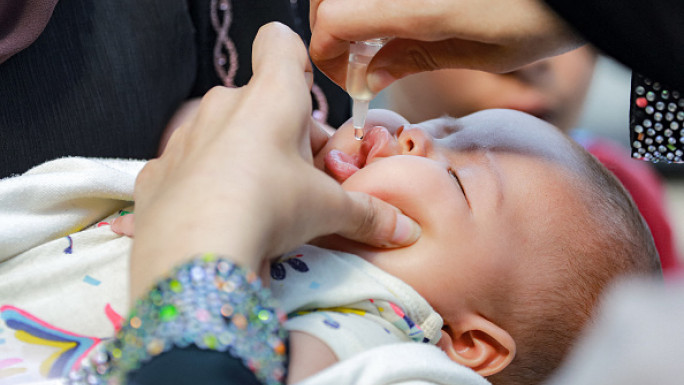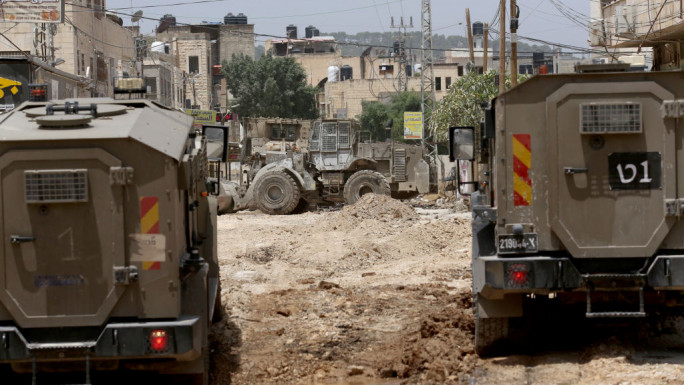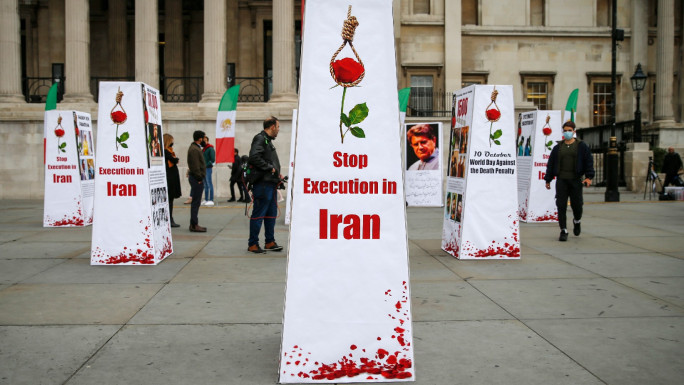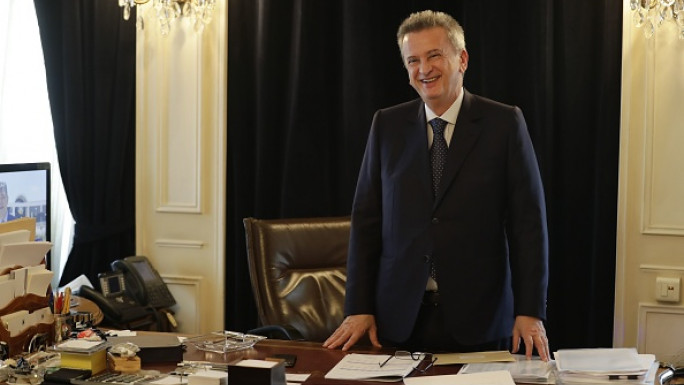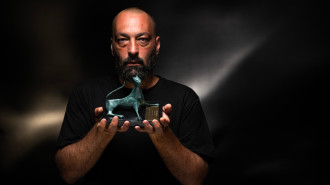
Iranian-Australian filmmaker Noora Niasari on the powerful and personal story behind 'Shayda'

Selected as the official Australian candidate for the latest Oscar Academy Awards, the closing film of the 77th Locarno Film Festival, and winner of the Audience Award at the 2023 Sundance Film Festival and the Film Critics Circle of Australia Award, among others, Shayda has landed in UK cinemas with a rich biography behind it.
Based on her own experiences, Iranian-Australian filmmaker Noora Niasari’s impressive debut feature is a narratively convincing and poetic depiction of an invincible female free spirit, decisiveness, and empathy.
This is highlighted by a deeply moving performance from current Iranian top actress Zar Amir Ebrahimi, who won the Best Actress award at the 2022 Cannes Film Festival for her role in Holy Spider.
Zar masterfully portrays the vulnerability and internal struggles, as well as the luminous spirit of an Iranian woman who bravely fights for her human rights: to divorce her husband, to keep custody of her daughter and raise her as an independent woman, and to dress the way she likes.
When asked to provide more insights and reveal details about the real story behind Shayda, Noora admits this question arises frequently, perhaps due to the home video footage at the end of the film.
“Living in the women's shelter with my mother when I was five years old was a formative experience. It was the first time that I felt a sense of safety in the world.
"And the woman whose character the shelter host Joyce is based on was my mother's first friend in Australia. She is still like a godmother to me, even after 25 years. That experience was incredibly meaningful in shaping us.”
Mother-daughter duo: A healing and cathartic experience
A few years out of film school, when Noora started thinking about what her first film would be, she had written a few scripts. None of them were projects she wanted to pursue, but she considered this story to have a lot of heart and potential to reach audiences around the world.
“It was a tough decision to make because I couldn't do it without my mother,” Noora remembers.
“At first, she was worried and concerned about the fact that we couldn't go back to Iran as we might face persecution. Obviously, it's challenging to put your life on screen, but soon after, she became incredibly excited.
"She actually took out this luggage I hadn't seen before, filled with photos, legal documents, and letters. It was a treasure trove from that time.”
In addition to that, Noora asked her mother to write a memoir, which took around six months of pouring her life onto the page, tracking ten years of her life. By the end of this half a year, she had all the material and flew to Spain to write the first draft. She needed that distance to really process everything.
“I asked her to write it because my memories are so fractured from that time,” explains Noora.
“Partly because I was five, and partly because it was all filled with trauma and hardship. I've done so much therapy that my memory becomes a bit blurry when I go through that kind of trauma.
"Now my mother is really proud of the film, and so am I. It's been an incredibly healing and cathartic experience sharing our story with audiences, even through a fictionalised version.”
Before casting Zar Amir Ebrahimi, the production team searched all of Australia for Shayda but couldn't find her.
Then, Noora started looking internationally and shared the screenplay with the French-Iranian actress Shifteh Farahani. Shifteh suggested Zar, for which Noora is very grateful.
“As soon as I saw Zar's first audition tape, I knew she was Shayda. She brought so much strength and vulnerability to her presence on screen, which was exactly what I was looking for.
"In addition to that, her life experiences — hardships, trauma, and being in exile — paralleled the character's, allowing her to bring so much of herself to the role.
“Before Holy Spider and before she won Best Actress at Cannes, I was aware of Zar. She was quite famous among Iranians and had done some independent films, though I hadn't seen any of them.
"I educated myself on her body of work leading up to the audition and was astonished by her talent and the breadth of her work. I think she's a superstar and destined for even greater things.”
A relatable story
As for the impact of the film on audiences, Noora believes the film really hit a nerve with the rising feminist movement. In every screening, she says, people feel seen by the film because domestic violence thrives in silence and carries so much shame.
“In Melbourne, there was an Indian woman who said she had left her husband a few weeks prior, and seeing the film helped her cement her decision. In Korea, the majority of the audience was young Korean women.
“Seeing it on screen in that way is an invigorating, cathartic experience for survivors. Even people who haven't experienced domestic violence have told me they felt the urge to go home and call their mum because the film is such a love letter to mothers and daughters. It makes people want to reconnect with their mom or daughter or hold them a bit closer.”
Winning the audience award at Sundance really cemented for Noora that the film is beyond her mother and her story, that it is truly universal.
Countless people, including middle-aged men who had experienced domestic violence as children and struggled to articulate it, approached her in tears.
Therapy beyond victimhood
Tackling the topic of the cultural background, Noora says the film is about the balance of light and dark, and dancing. For Iranians, especially, it serves as a form of therapy.
“You know, we always go back to it in dark times, in tumultuous times. Especially for me growing up with my mother, that was something we always turned to.
“Despite all the challenges the women face in those situations, I know how important it is to have that respite, that moment of joy, connection, and warmth.
"That's why it was incredibly important to have those sequences in the film. I think it also shows that the film is hopeful, that there is light at the end of the tunnel, and it's really about survival.”
Noora never wanted the film to be steeped in victimhood. She believes that those dance sequences really lift the film and take it to the intended place.
Support from industry icons
Keeping in mind it is a debut feature, Shayda is quite a successful production, being backed by names like Cate Blanchett as an executive producer.
“Cate and her company Dirty Films have been incredible advocates, and I'm so grateful to them,” confirms Noora.
“They came on board just before we sought financing. My producer, Vincent Sheehan, had worked with Cate on a film called Little Fish and took the script to her. She read it, met with me on Zoom, and told me she connected with the screenplay as a woman, feeling its universal appeal.
"She was committed to helping it find an international audience, which is especially meaningful for a first-time director.
“Having someone like Cate as an executive producer gives the film credibility. She's an incredible artist with impeccable taste, and I’m truly humbled by her support,” concludes Noora.
Mariana Hristova is a freelance film critic, cultural journalist, and programmer. She contributes to national and international outlets and has curated programs for Filmoteca De Catalunya, Arxiu Xcèntric, goEast Wiesbaden, etc. Her professional interests include cinema from the European peripheries and archival and amateur films
